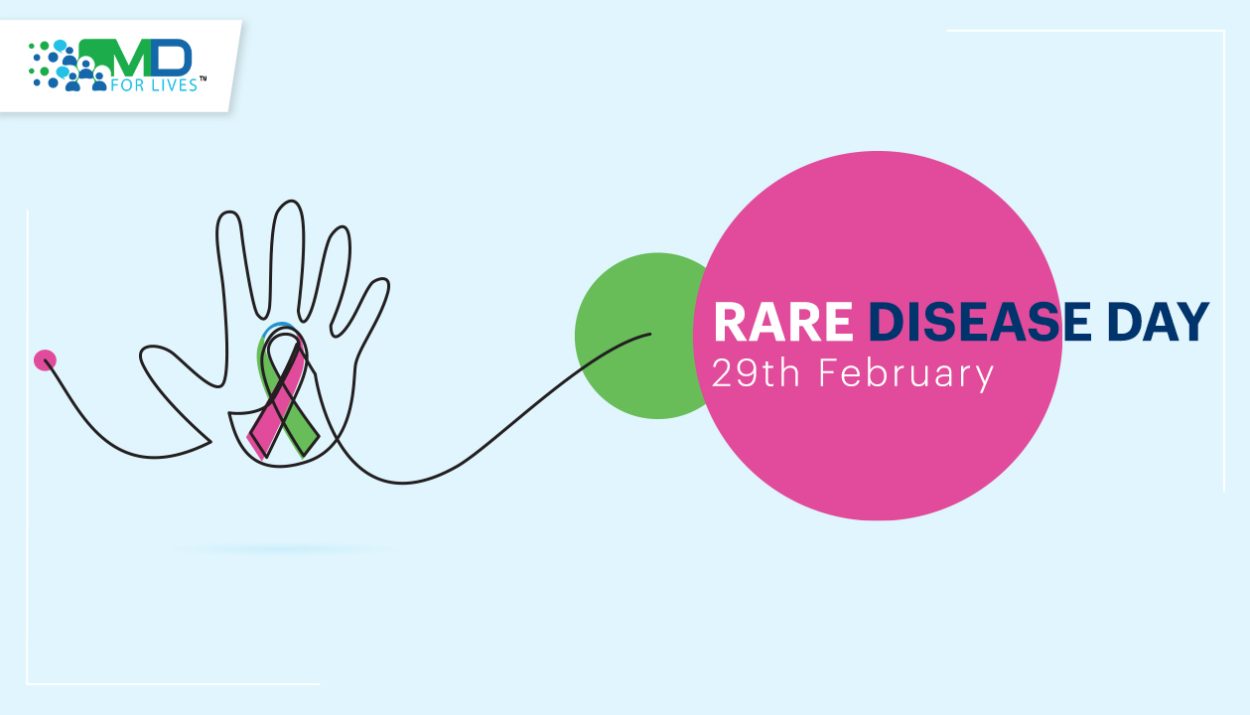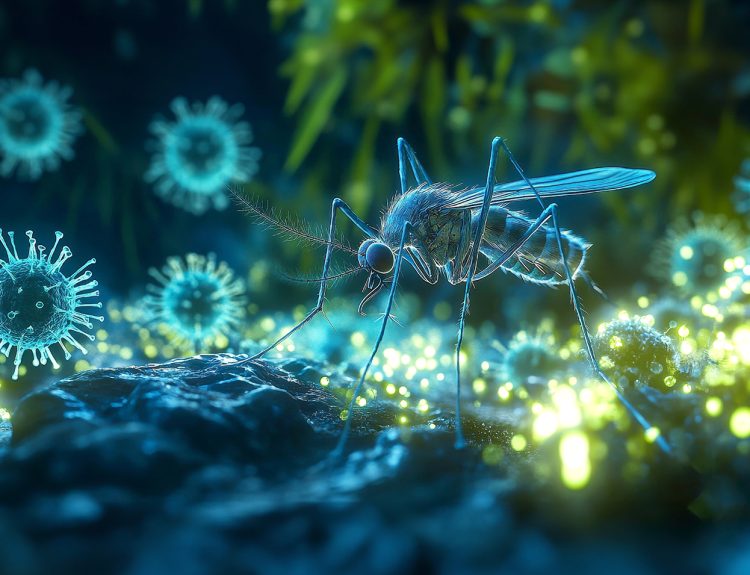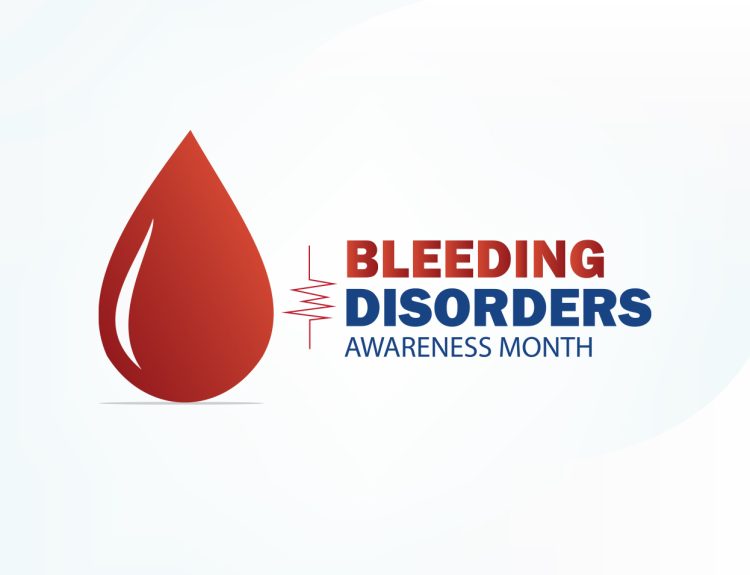Rare diseases pose unique challenges in clinical practice, often altering doctors’ perceptions regarding their diagnosis and treatment. Each year, on Rare Disease Day, healthcare professionals around the globe come together to raise awareness about these less-explored conditions and the obstacles they create in the way of quality patient care. Through this blog, we aim to demystify the intricate world of diagnosing rare diseases, delving deeper into their complexities and uncovering the hidden truths within. The objective is to fortify every physician’s capacity to deliver nuanced and personalized care, ensuring every patient facing uncommon medical challenges receives the attention and support they deserve.
Understanding Rare Diseases: A Journey Into the Unfamiliar Terrain
Rare diseases, often called orphan diseases, inhabit a unique space within the medical landscape. They are the outliers, the medical rarities that affect only a small fraction of the population but wield a profound impact on those they touch.

According to data from the National Institutes of Health (NIH), approximately 7,000 rare diseases afflict an estimated 25 to 30 million Americans, highlighting the significant and pressing healthcare challenge posed by these conditions.
Patients and their families often find themselves navigating a complex maze of hurdles, from the frustration of misdiagnosis to the anguish of delayed treatment, coupled with the stark reality of limited therapeutic options.
Yet, within these medical mysteries lies a glimmer of hope, fueled by the tireless pursuit of knowledge, the search for innovative therapies and the remarkable resilience of those affected.
What Makes ‘Rare Diseases’ Mysterious?
Despite their rarity, the mysteries surrounding rare and orphan diseases lie in the diverse challenges that come in the way of diagnosing rare diseases, treatment and management. The limited understanding of their characteristics, severed by a lack of targeted therapies, often leads to delays in diagnosis and limited treatment options, leaving patients and their families grappling with uncertainty.
Most Common Rare Diseases
Some of the most common rare diseases include:
- Huntington’s Disease: A single genetic mutation that sets off devastating neurological degeneration.
- Ehlers-Danlos Syndrome: This connective tissue disorder manifests with varied symptoms across individuals.
- ALS (Amyotrophic Lateral Sclerosis): A progressive neurodegenerative disease showing a range of symptoms from muscle weakness to speech and swallowing difficulties.
These conditions are distinguished by their elusive nature and significant ramifications on individuals’ lives.
A Peek into a Physician’s Investigative Journey
In the face of diagnostic uncertainty, physicians wear the hat of a detective, methodically sifting through a wealth of clinical data to construct a coherent understanding of their patients’ rare conditions.
This endeavor necessitates a meticulous approach characterized by a comprehensive analysis of medical history, precise physical examinations and the discerning utilization of diagnostic modalities, including tests and imaging studies.
Central to this investigative process is cultivating a keen awareness of subtle indicators and elusive patterns crucial for detecting uncommon or latent illnesses. Physicians must maintain a vigilant stance, evaluating and recognizing all early signs of rare and orphan diseases.
A Walkthrough for Overcoming Diagnostic Challenges
If you’re a physician who hasn’t yet encountered patients with rare diseases, this roadmap is your essential preparation. Curated to provide thorough guidance, it ensures you’re well-prepared to address the complexities of diagnosing rare diseases.
- Be Vigilant: Keep an eye out for symptoms that may indicate rare and orphan diseases, even if they seem vague initially. Don’t dismiss unusual presentations; dig deeper to explore all possibilities.
- Leave No Stone Unturned: Conduct a thorough assessment, including a detailed medical history, comprehensive physical examination and targeted diagnostic tests. Don’t overlook any potential clues leading to diagnosis of rare diseases.
- Seek Support: Collaborate with specialists and colleagues to tackle every rare disease diagnosis challenge. Invest in continuous professional development for rare disease diagnosis through research updates, conferences and mentorship programs, enhancing skills for improved patient outcomes.
- Utilize Available Resources: Use clinical guidelines, research literature and data from patient advocacy organizations to stay informed about approaches for diagnosing rare diseases. Knowledge is power when it comes to providing the best care possible.
- Stay Flexible: Maintain persistence and flexibility In the face of diagnostic uncertainty or setbacks. Don’t give up easily, and be willing to reassess and adjust your approach as new information emerges.
- Ethical Compassion: Always consider the ethical implications of your actions in diagnosing rare diseases. Respect patient autonomy, ensure informed consent and carefully weigh the risks and benefits of diagnostic testing and treatment options.
- Empower Patients: Throughout the diagnostic journey, empowering patients as active participants in their care is essential. Physicians must communicate openly and transparently with patients, explaining the rationale behind diagnostic tests and treatment options and involving them in shared decision-making.
- Advocate for Your Patients: Take an active role in advocating for patients with rare diseases. Ensure they have access to specialized care, support services and resources to empower them in their healthcare decisions.
Conclusion
In this battle against rare diseases, there is no challenge too great, no puzzle too complex, as long as physicians globally stand united, driven by their commitment to excellence, empathy and the relentless pursuit of knowledge. Together, let us navigate the uncharted territories of diagnosing rare diseases, illuminating the path forward with hope, resilience and the collective power of our shared humanity.
Register Now to take Paid General Practice Survey
Physicians eager to drive positive change in the healthcare sector are invited to join MDForLives and contribute to our mission. By participating in our paid medical surveys, you can directly influence healthcare innovation and decision-making processes. Additionally, you’ll be able to engage in lively discussions, attend informative webinars and share your expertise through blogs and case studies.
Read about
Healthcare Technology Advances

The creative force behind the keyboard, Pallabi crafts narratives of healthcare wonders and research marvels. As a seasoned professional blogger, she ventures to unearth the riches of medical innovation, weaving them into insightful stories that educate.






